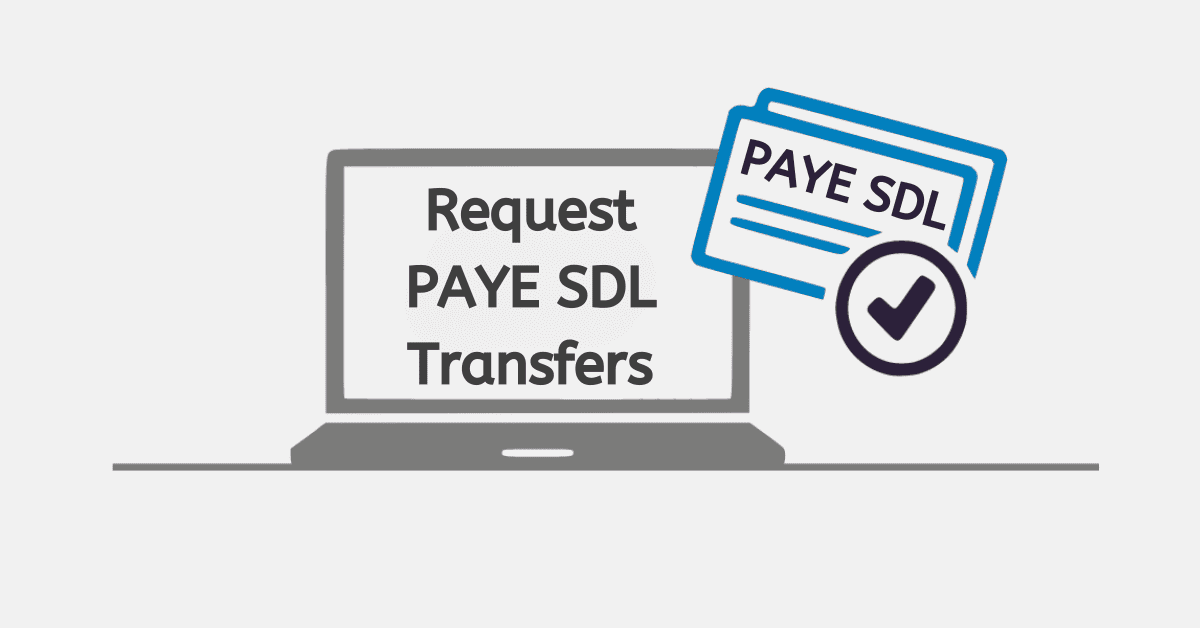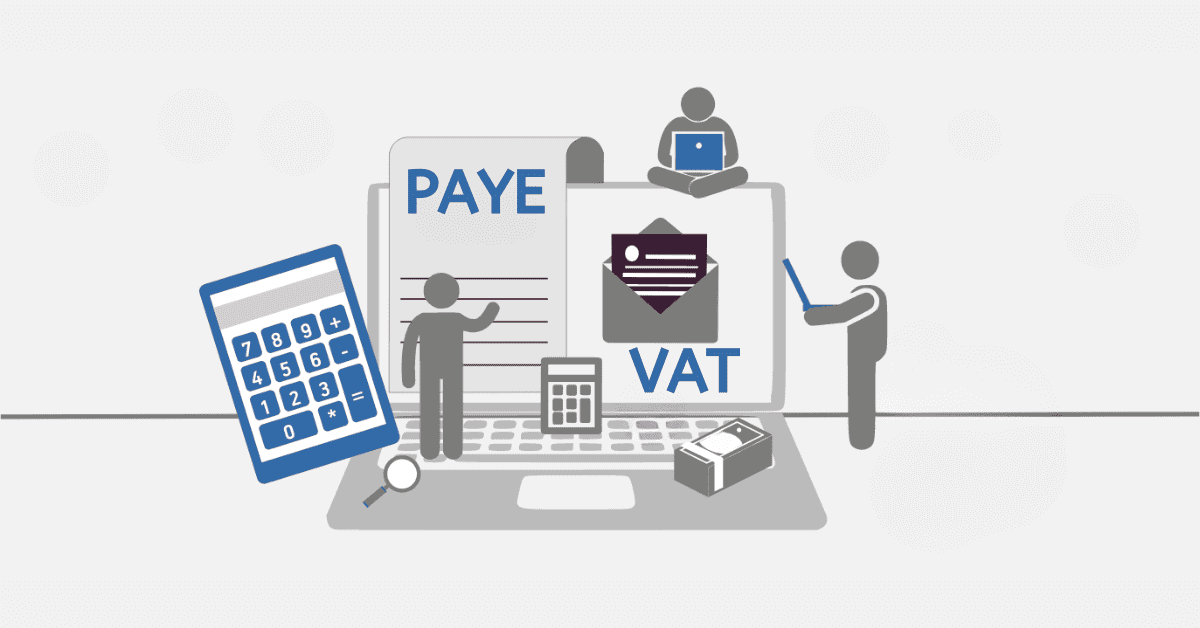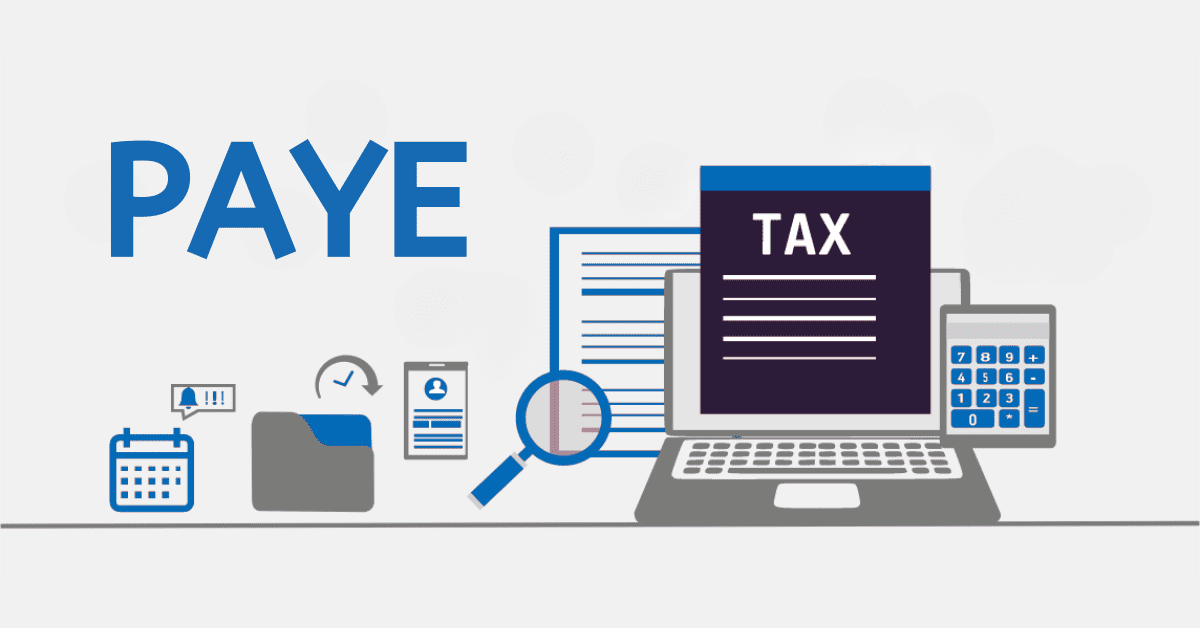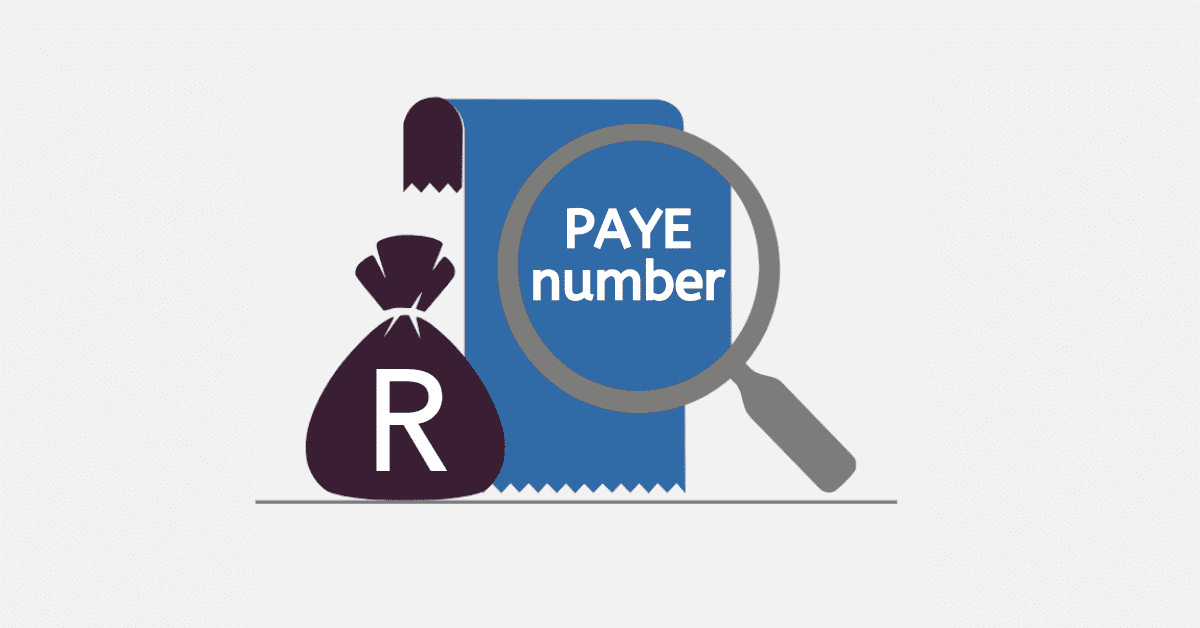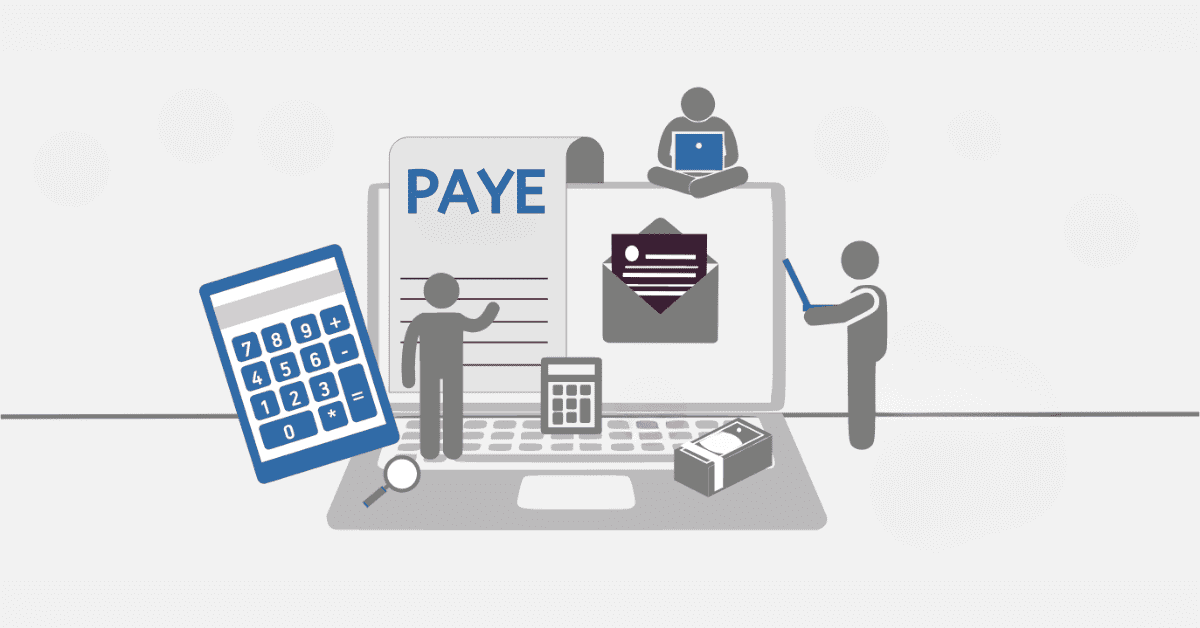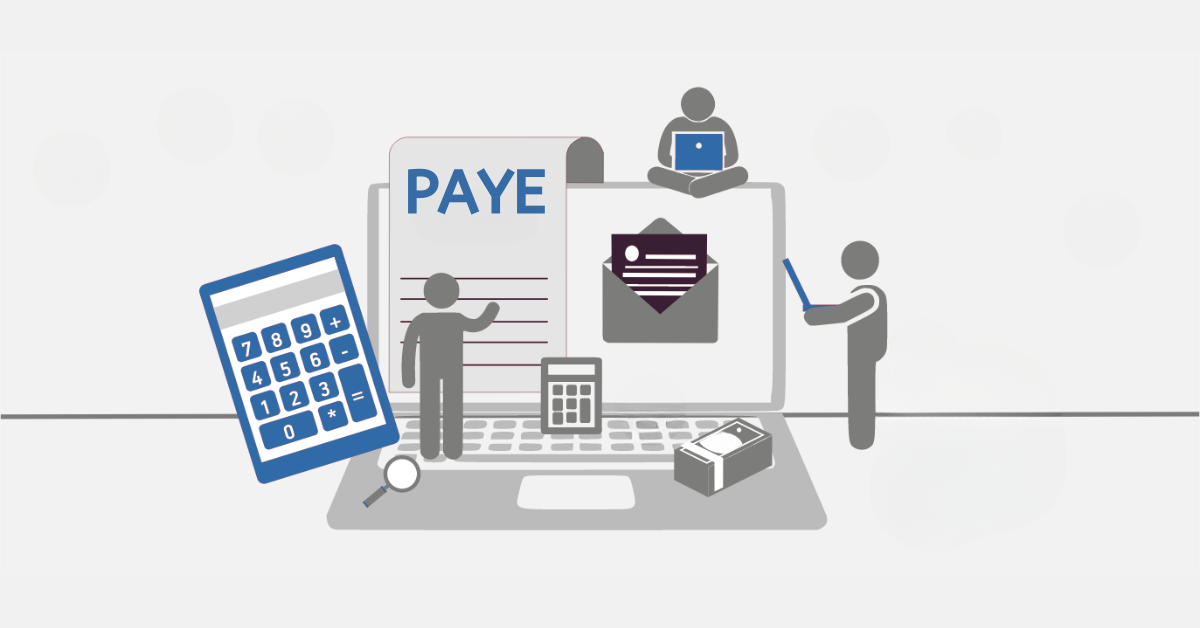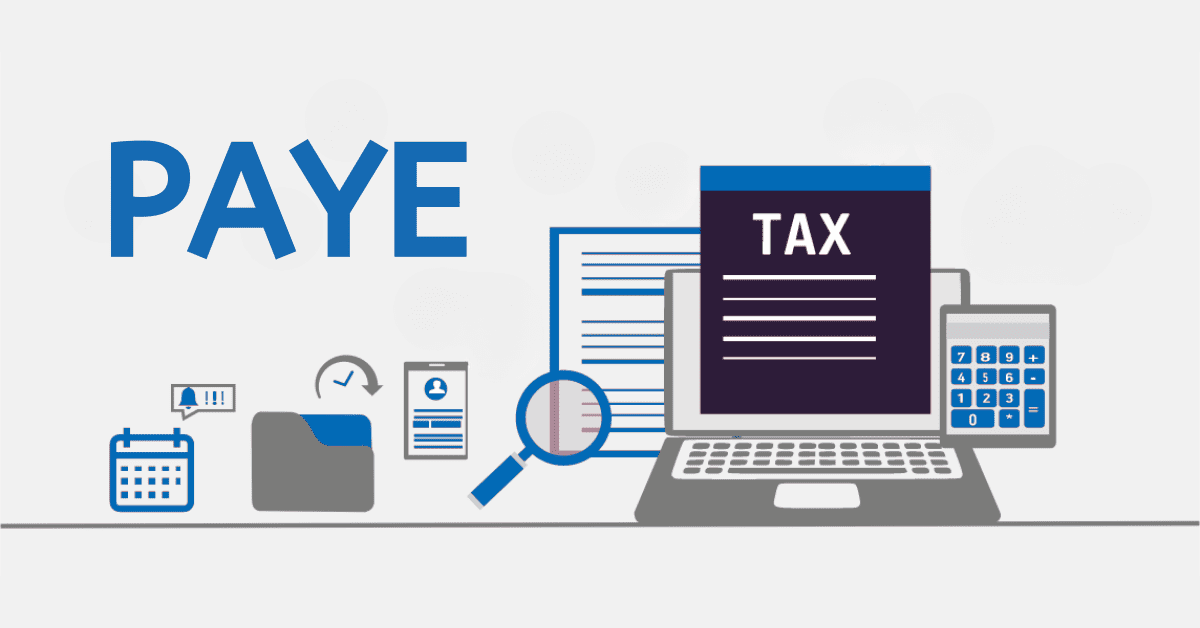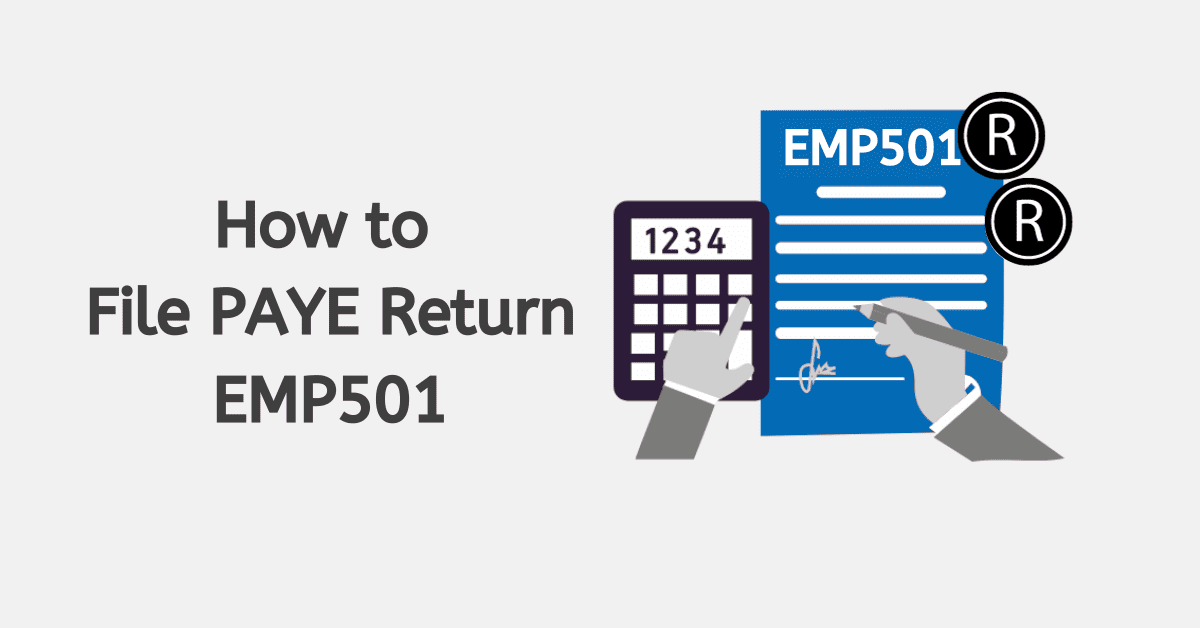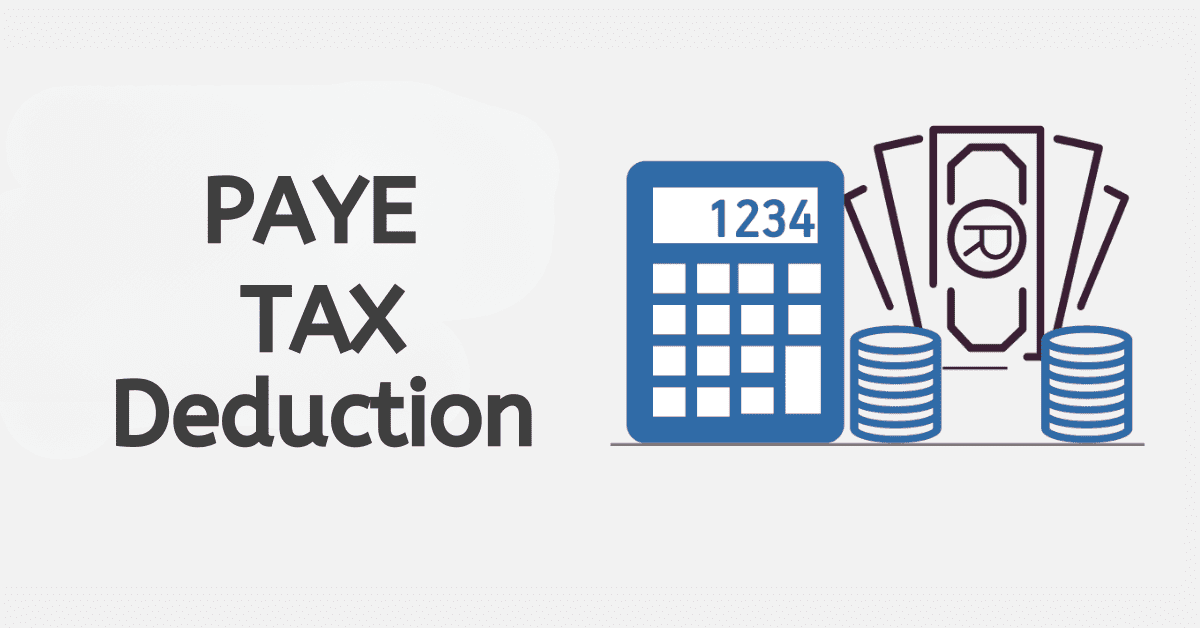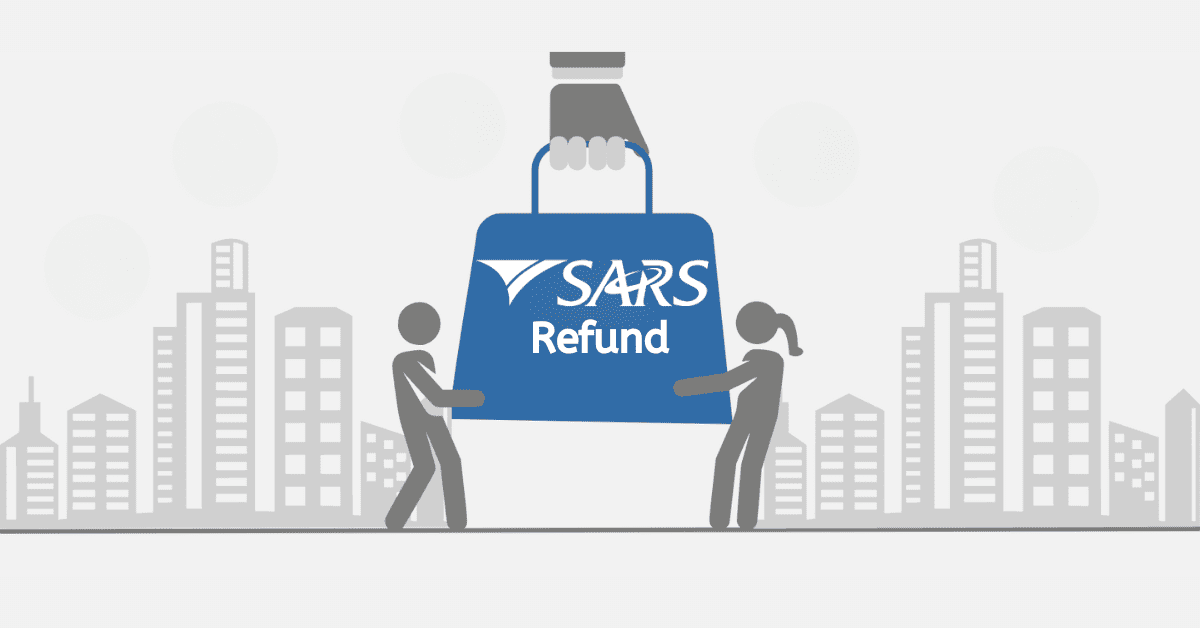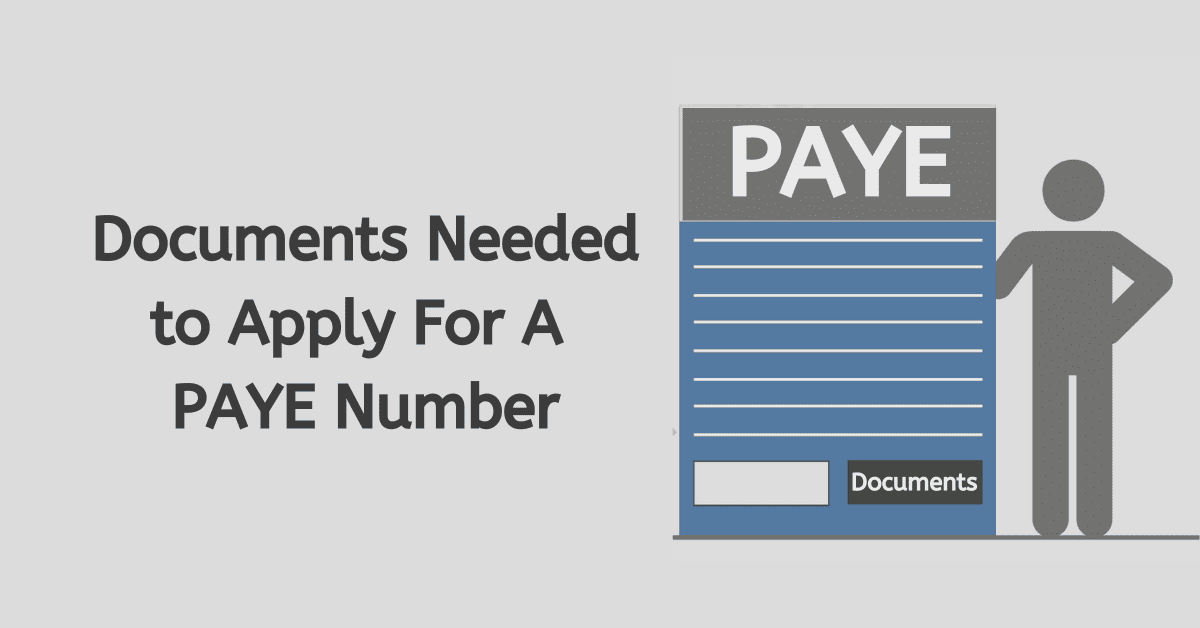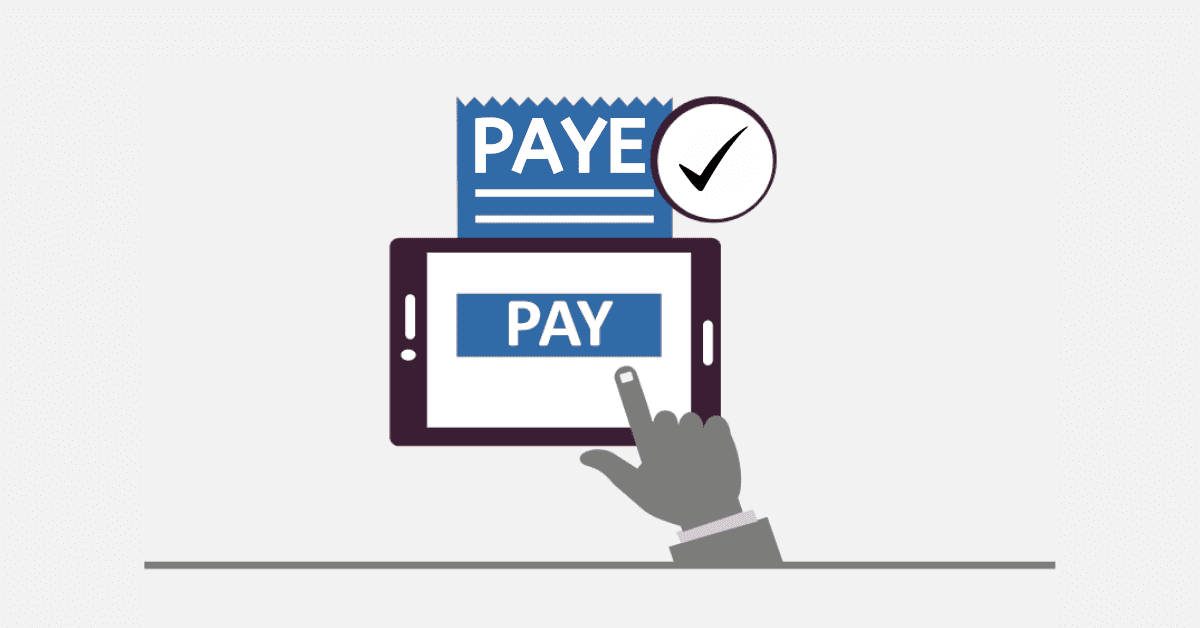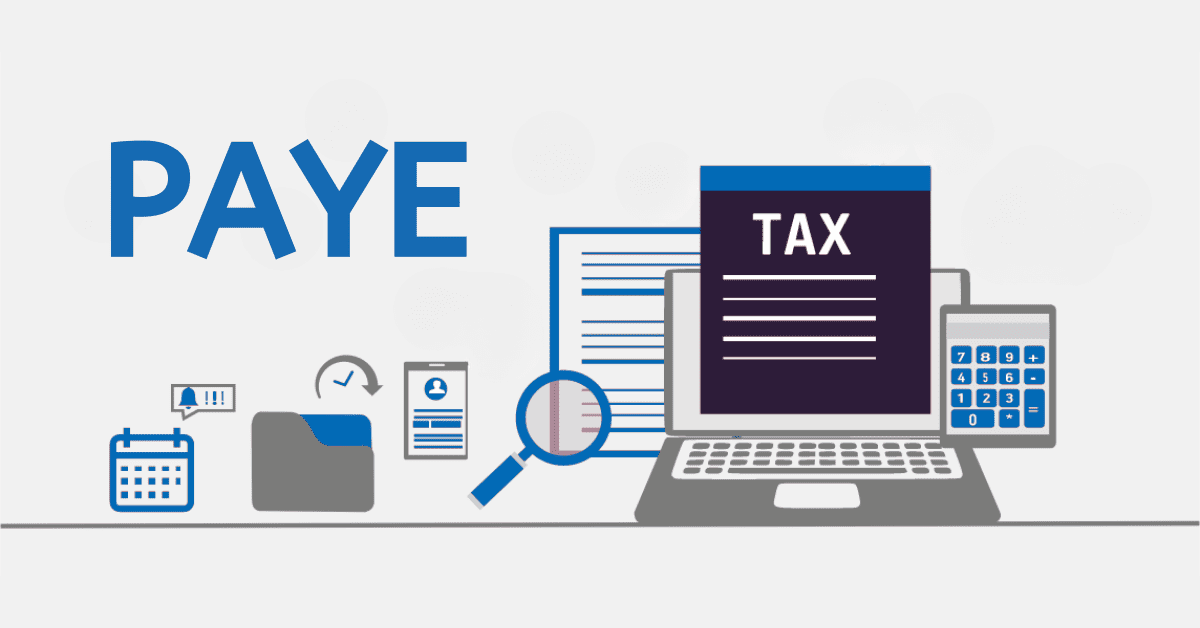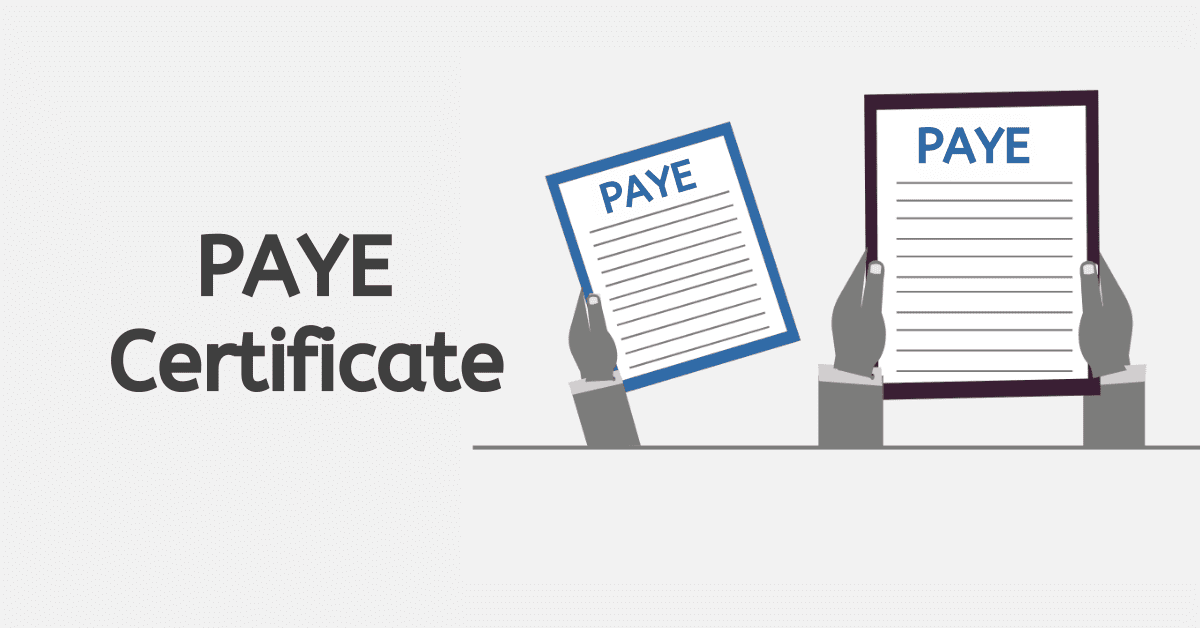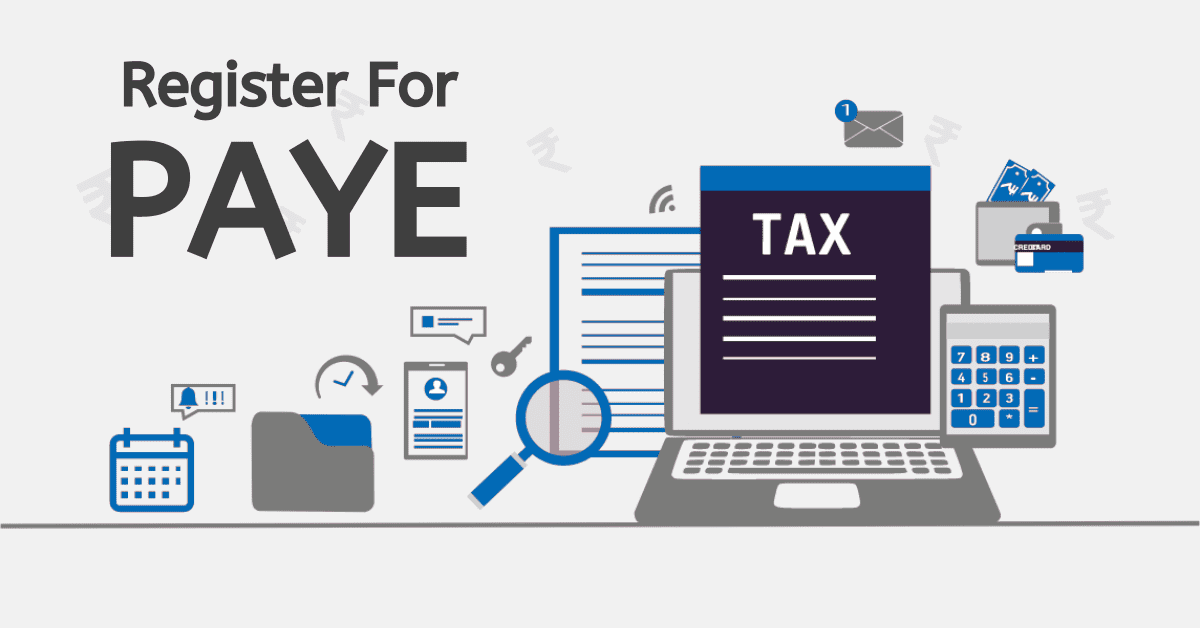The dynamics in salaries can be influenced by many, but the key pointer to the reform is the issue of tax, Any changes to your salary can alternatively affect your tax payments. Also, your basic salary is obligated to comply with the increment or changes in the rate.
In the long run, it is your take-home salary, which is considered your net, that is affected.
The South African PAYE system deals in progressive tax rates and can cause a lot of fluctuations in the net salary.
There are cases where an increment in your salary may not affect your tax obligations since you may have stayed in the same indicated tax bracket. However, the tax rate is subject to change every year, and therefore, employers have a role to play in knowing the right tax rate to apply when there is a salary change.
Learn more about the changes in tax every month, the PAYE calculation, the SARS tax bracket and many more.
Why does PAYE tax change each month
The concept of PAYE is more inclined toward the income of employees. This means the PAYE that is deducted comes from the remuneration individuals earn.
Ever noticed a PAYE tax change on your payslip? How often does your PAYE tax change every month in the year? Here is what you need to know.
It is uncommon to find your PAYE tax change every month unless there is a salary adjustment. Once there is a salary adjustment that calls for a different PAYE tax rate, your PAYE tax will also change.
When you receive your March payslip, it’s important to note that the tax amount will likely be different compared to previous payslips. This is because March signifies the beginning of a new tax year, resulting in changes to tax brackets, rates, and rebates. If an employee’s income varies from month to month, their tax amount will also vary.
Is PAYE calculated on basic salary?
PAYE is a widely adopted income tax collection system utilised in numerous countries.
Typically, the calculation takes into account an individual’s total taxable income rather than solely focusing on the basic salary. In addition to the basic salary, the total taxable income comprises various other components like bonuses, allowances, commissions, and other taxable benefits.
Although the basic salary holds importance, PAYE calculations take into account all taxable sources of income to determine the correct amount of income tax that should be deducted from an employee’s pay.
In a nutshell, PAYE is calculated on basic salary as this is normally indicated as the remuneration for an employee in a contract.
How does tax work on salary?
Understanding tax on salary is a crucial step to understanding the tax component of your basic salary. These components may vary depending on the salary structure and the employer system.
In all these, there is a common ground for tax on salaries in South Africa.
In South Africa, taxes are calculated on salaries based on the tax rate and tax bracket. Determining the tax rate and bracket gives the employer on how to implement the deductions on salaries. Once these salaries are deducted, they are directly transferred to the South African Revenue Service with a schedule form informing the institution of the various salaries and taxes worked on them.
How much does SARS tax on salary?
The South African Revenue Service does not have a fixed tax rate for salaries. Instead, the amount of tax you owe is calculated based on different factors. It is important to have a clear understanding of which tax bracket your salary falls into.
To ensure precise tax calculations, it is crucial to determine the specific tax bracket that your salary falls under.
The percentage on the various tax brackets can advise you on how much SARS would want to tax you on your salary. It is always important to know where your rates fall to familiarise yourself with the PAYE calculation and determine the tax on your salary.
What is the bracket for PAYE in South Africa?
Taxable income consists of various sources of earnings that are subject to taxation. These sources include remuneration, such as salaries, wages, and bonuses, as well as business profits, trust benefits, director’s fees, investment income, net rental income, annuities, pension income, and specific capital gains.
Whether or not you are required to pay income tax is determined by the amount of taxable income you have for the specific tax year.
In South Africa, individuals are required to pay income tax based on their taxable income. The amount of income tax owed is determined by the Pay As You Earn tax brackets. The purpose of implementing progressive rates is to ensure that individuals with higher incomes contribute a larger proportion of their earnings towards taxes.
- Up to R237,100: 18% of taxable income
- R237,101 to R370,500: R42,678 plus 26% of taxable income above R237,100
- R370,501 to R512,800: R77,362 plus 31% of taxable income above R370,500
- R512,801 to R673,000: R121,475 plus 36% of taxable income above R512,800
- R673,001 to R857,900: R179,147 plus 39% of taxable income above R673,000
- R857,901 to R1,817,000: R251,258 plus 41% of taxable income above R857,900
- Above R1,817,001: R644,489 plus 45% of taxable income above R1,817,000
How does SARS calculate tax?
When calculating the tax on salaries, the South African Revenue Service considers various factors. Some factors to consider are the tax bracket you fall into, your taxable income, and the corresponding tax rate that applies to you.
It is important for individuals who want to accurately determine their tax obligations to understand how these elements interact with each other.
Supposing Mr. Tuffuour earns an annual salary of R250,000, let us look at it step by step.
The initial amount of R87,300 is not subject to any taxes.
The portion of income between R87,301 and R195,850 is subject to a tax rate of 18%.
The remaining amount, which ranges from R195,851 to R250,000, is subject to a 26% tax rate.
Now, let us look at the calculation below:
The tax rate for the amount between R87,301 and R195,850 is 18% of the difference between R195,850 and R87,300.
The tax rate for the amount between R195,851 and R250,000 is 26% of the difference between R250,000 and R195,850.
To calculate the total tax liability, simply add the two results together.
The calculation for the tax deductions is based on a sample illustration and may require more information. Also, other factors can influence the tax deductions and the final tax amount.
